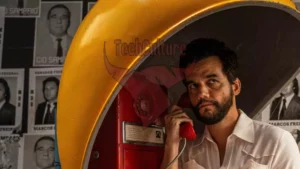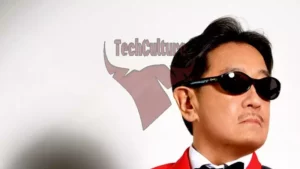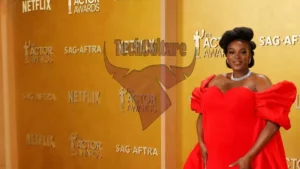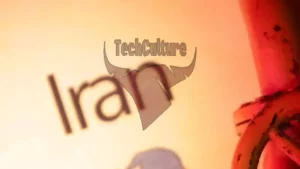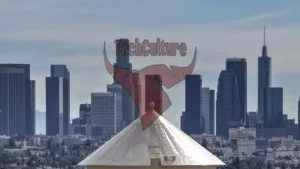Federal Judge Halts California’s Deepfake Election Law
A federal judge has temporarily blocked a new California law that would have allowed lawsuits over election-related deepfakes, citing potential First Amendment violations. U.S. District Judge John A. Mendez issued the ruling, pausing the implementation of the law signed by Governor Gavin Newsom aimed at combating AI-generated false images in political advertisements.
In his decision, Judge Mendez acknowledged the risks posed by artificial intelligence and deepfakes but criticized the law for being overly broad and potentially stifling free speech. He described the legislation as a “blunt tool” that could hinder various forms of expression, including humor.
The law, which took effect immediately after Newsom’s signature, was part of a package of bills targeting AI misuse in political contexts. It was considered among the strictest in the United States regarding deepfakes.
Defending the legislation, Newsom’s spokesperson, Izzy Gardon, emphasized the state’s commitment to protecting democracy and expressed confidence in the courts ultimately upholding California’s regulatory abilities. Gardon also asserted that satire remains protected under state law.
The legal challenge was brought by YouTuber Christopher Kohls, leading to the injunction. Kohls’ attorney, Theodore Frank, praised the court’s decision, arguing that new technologies should not alter First Amendment protections.
First Amendment experts had previously criticized the law as unconstitutional, urging Newsom to veto the measure due to concerns about government overreach. They also pointed out that existing defamation laws are sufficient for addressing harmful speech.
As the case progresses, the debate over balancing technological advancements with free speech protections continues to shape the legal landscape surrounding AI and political discourse.
